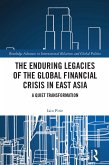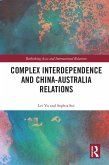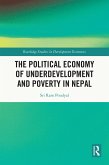This Element argues that Southeast Asia's failure to develop stronger social protection systems has been, at its root, a matter of politics and power. It has reflected the political dominance within the region of predatory and technocratic elements, and the relative weakness of progressive elements. From the mid-1980s, democratisation, the emergence of political entrepreneurs seeking to mobilise mass electoral support, and the occurrence of severe economic and social crises generated pressure on governments within the region to strengthen their social protection systems. But while such developments shifted policy in a more progressive direction, they have been insufficient to produce far-reaching change. Rather, they have produced a layering effect. Innovations have built upon pre-existing policy and institutional arrangements without fundamentally altering these arrangements, ensuring that social protection systems continue to have strong conservative, productivist and predatory attributes.
Dieser Download kann aus rechtlichen Gründen nur mit Rechnungsadresse in A, B, BG, CY, CZ, D, DK, EW, E, FIN, F, GR, HR, H, IRL, I, LT, L, LR, M, NL, PL, P, R, S, SLO, SK ausgeliefert werden.









